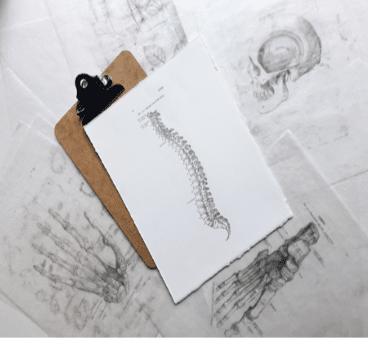
If you are an attorney working on a case involving a claimant with a spinal cord injury allegedly caused by negligence, Cardinal LifeCare can provide a range of case-supporting services. Our licensed legal nurse consultants and medical expert witnesses shed light on key evidence in the courtroom, plus create detailed, objective life care plans laying out ongoing care needs and associated costs. Call us at 724-487-0519 or keep reading to learn more about spinal cord injury cases and how our services can be of great value.
Common Types of Spinal Cord Injury
According to statistics reported in 2014 by the National Spinal Cord Injury Statistical Center, automobile accidents, falls, acts of violence, diving accidents, falling objects, surgical complications and sports-related incidents rank among the most common causes of spinal cord injuries.
Accidents and oversights can contribute to various severities and types of spinal cord injury, largely based on the site of the injury and what part(s) of the spine are involved. Some of the most common categories of SCIs include:
- Triplegia – Typically caused by an incomplete spinal cord injury, this condition is characterized by a loss of feeling and function in one arm and both legs.
- Paraplegia – Resulting from damage to the thoracic or lumbar spine, paraplegia causes loss of movement and sensation in the lower portion of the body, including the legs.
- Tetraplegia – Also known as quadriplegia, tetraplegia refers to a spinal cord injury involving damage to the cervical spinal cord. Considered the most serious type, these injuries are generally the result of a complete spinal cord injury and often affect both the upper and lower body. Possible impacts include loss of limb function and movement below the injury site, in addition to issues with respiration, bowel & bladder control and other life-sustaining functions. The higher up on the spinal cord, the more severe the injury is likely to be.
Spinal cord injuries can alter a person’s life, reduce their independence and necessitate the use of mobility aids and other assistive devices. Creation of a life care plan can help ensure that the individual’s needs are fully outlined and substantiated, thus giving them the best chance of getting the high level of care they need and deserve.
Count On Us for Clinical Expertise in Complex Cases
At Cardinal LifeCare, our legal medical experts excel in evaluating and summarizing catastrophic injuries sustained as a result of alleged negligence, along with determining the consequences for the claimant and the level of care/treatment required as a result. Trust us to provide well-researched, defendable life care plans based on medical evidence and relevant research, as well as expert witness services during litigation or settlement negotiations. For more information on how we can assist with a particular case you are working on, call us at 724-487-0519 – we proudly offer our services to law firms nationwide.




